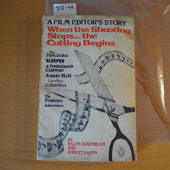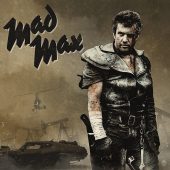



It was with slight disappointment and definite surprise that I found, after years of intending to see it, Hitchcock’s North by Northwest coming in just under the top tier of his films. Watching Cary Grant hustle through a cross-country wrongly-accused thriller isn’t a bore, of course, but I felt the curious sensation of reacting to the film through a series of comparisons, trying to figure out where it fits on the Hitchcock scale: It’s not as disturbing as Psycho, not as suspenseful as Rear Window, not as mind-boggling as Vertigo. Then again, Cary Grant’s Roger Thornhill (who has the misfortune to share his name with a made-up spy) is an ad exec who goes on the lamb with improvised gusto, even picking up a mystery woman as he hides on a cross-country train – so it is, at least, a lot manlier than To Catch a Thief.
It’s a lot more than that, too. I don’t mean to speak ill of the film – in fact, North by Northwest is a epitome of craft and style. When a critic wistfully refers to a movie like The Fugitive or The Bourne Identity as “good old-fashioned entertainment,” there’s a good chance that this is the movie they recall. It has Cold War intrigue without gadgets or jargon; it has romance that blends in with that intrigue, rather than jogging alongside it.
Do I need to explain who Roger Thornhill is, apart from that he’s played by Cary Grant? Do I need to note that, as such, Thornhill embodies the smoothest machismo possible, yet, when mistaken for an international spy, displays enough regular-guy confusion that we identify with him more than our own personal and flaccid machismo levels should ever allow? That Thornhill’s courtship of mystery woman Eve Kendall (Eva Marie Saint) is enormous fun to watch – and surprisingly sexy, for 1959? Or for whenever, come to that.
What, then, with all of this smoothness and sexiness running about, limits the film for me? It may be that, more so than almost any of the major Hitchcock thrillers, North by Northwest relies on the entanglement of action and geography more than character and psychology: Its most iconic moments are Grant dodging that famous crop-duster in the middle of nowhere, and the climactic tussle on Mount Rushmore. Even if you’ve seen bits of them on a dozen clip shows before watching the movie all the way through, these sequences deliver. But Grant is so winning – so pleasureable to watch – that the movie lacks sense of true danger. You never find yourself doubting that Grant, er, Thornhill will survive.
It’s difficult to believe that Jimmy Stewart will meet an untimely end in Hitchcock’s movies, too, but there’s something particularly unstoppable about Cary Grant. Look at the way Thornhill orders up freshly-pressed slacks when he’s hiding out in a hotel room with Eve; this is not a man who will lose his belt or his cufflinks, much less his own life.
That’s part of the fun, of course – and there is a lot of that elusive “fun” all through North by Northwest. It’s just not the kind of fun that haunts you days later; you remember the trip, not the destination.

Run, Cary, run!
Review by Jesse Hassenger © 2001 filmcritic.com






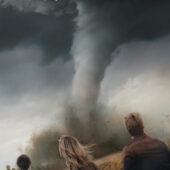

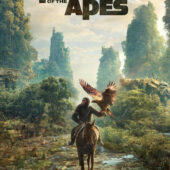
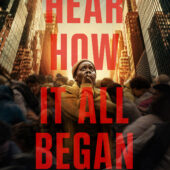





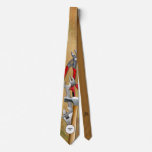
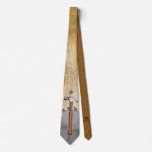




![Unwavering Flag Abandoned Bethlehem Steel Mill Photo [221205-6]](https://www.filmfetish.com/img/p/2022/12/221205-6-warehouse-american-flag-85x11-web-170x170.jpg)
![Times Square New York City June 1963 Photo, Dr. No and Diary of a Madman Theater Marquees [211203-1]](https://www.filmfetish.com/img/p/2021/12/211203-0001-times-square-dr-no-marquee-11x85-web-170x170.jpg)
![Blood from the Mummy’s Tomb Actress Valerie Leon Photo [210906-26]](https://www.filmfetish.com/img/p/2023/01/210906-26-valerie-leon-11x85-web-170x170.jpg)
![Former Adult Film Actress Kendra Jade Photo [221116-17]](https://www.filmfetish.com/img/p/2022/11/221116-17-kendra-jade-85x11-web-170x170.jpg)









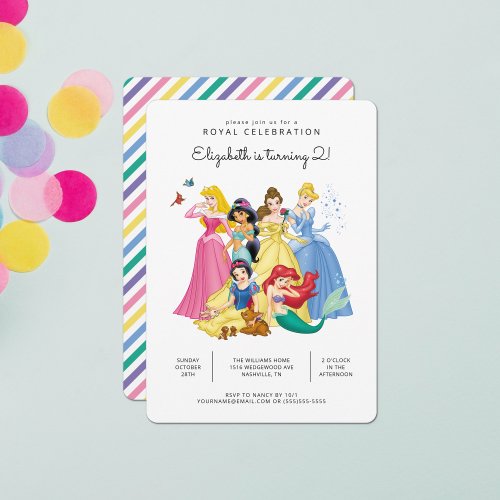





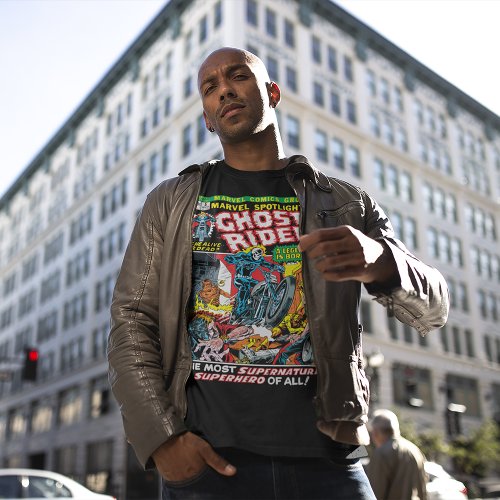


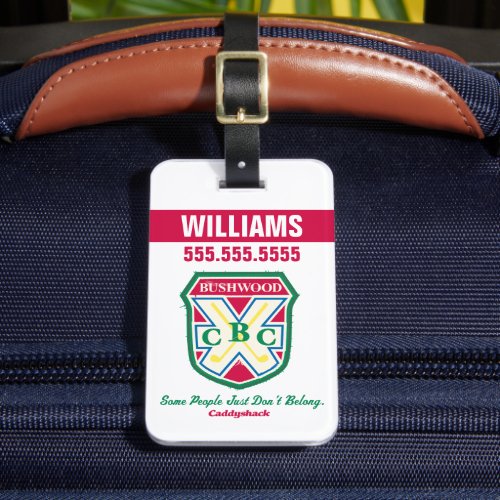

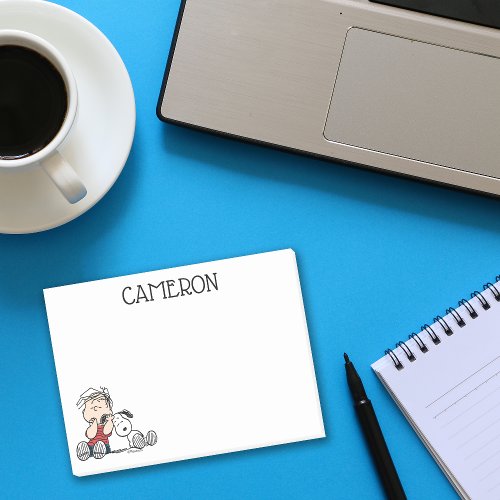

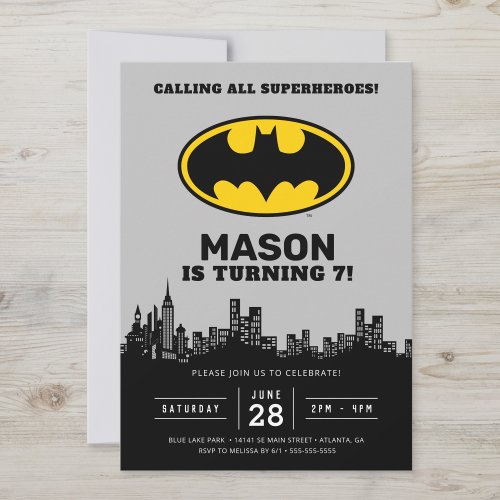




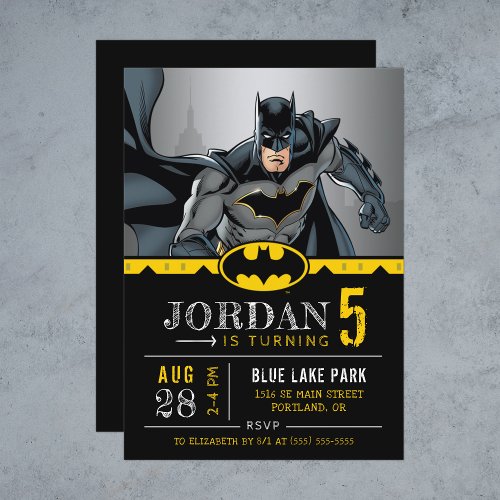




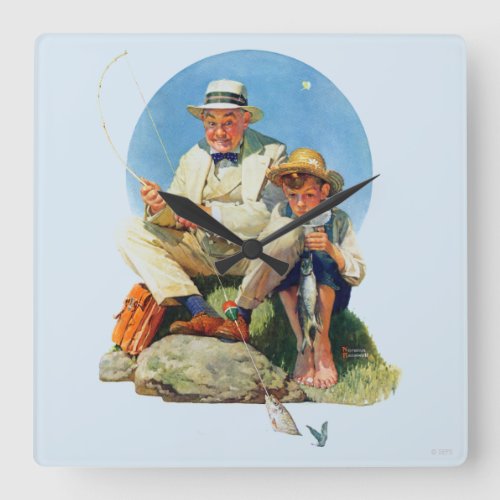
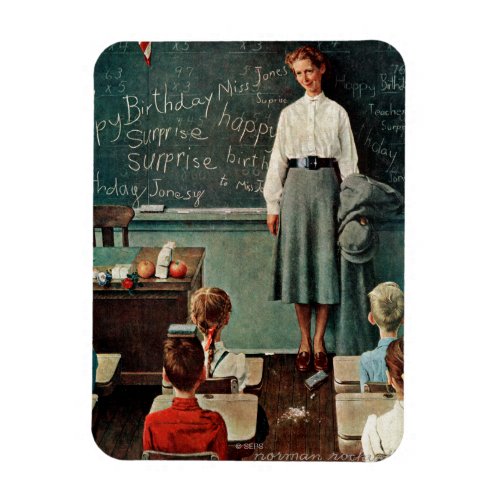













![The Serpent and the Rainbow Original Home Video Press Photo (1988) [B28]](https://www.filmfetish.com/img/p/2020/10/serpent-rainbow-b28-01-170x170.jpg)





![Set of 2 Time After Time (1979) Movie Press Publicity Photos, Malcolm McDowell [L84]](https://www.filmfetish.com/img/p/2023/02/P1480888--170x170.jpg)
![Set of 21 Original Press Photos Rod Steiger, Robert Duvall, Robert Mitchum, Laurel & Hardy, Universal Monsters + More [983]](https://www.filmfetish.com/img/p/2021/01/photo-lot-pho983-001-170x170.jpg)
